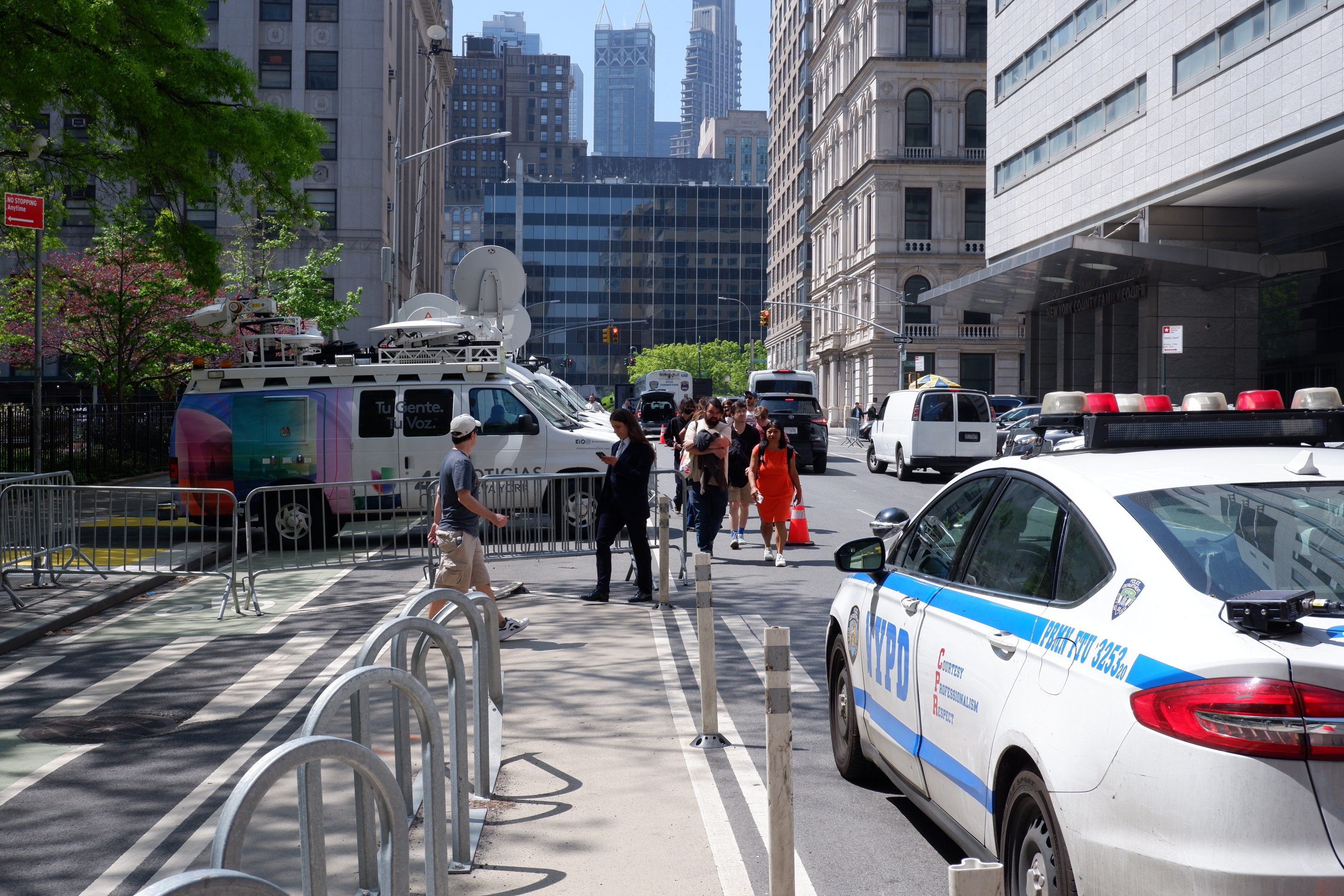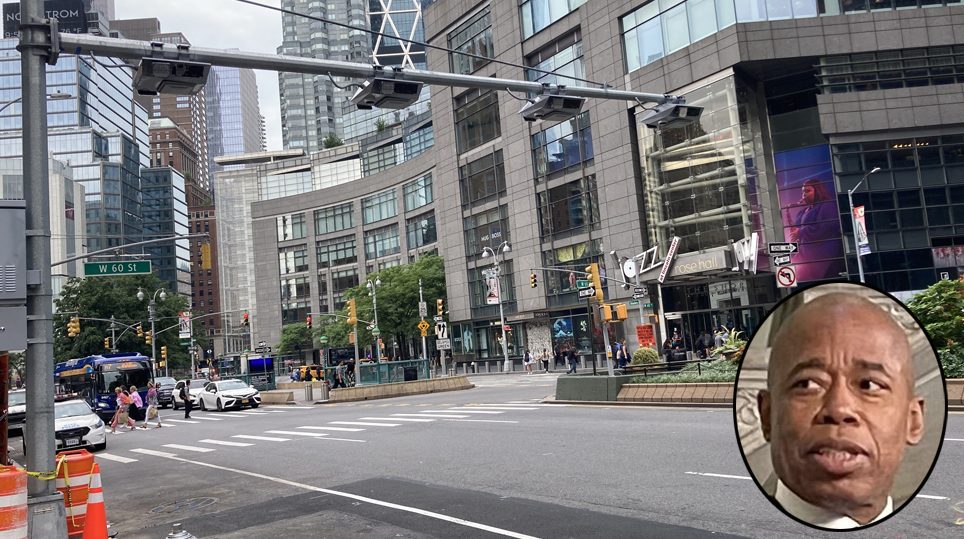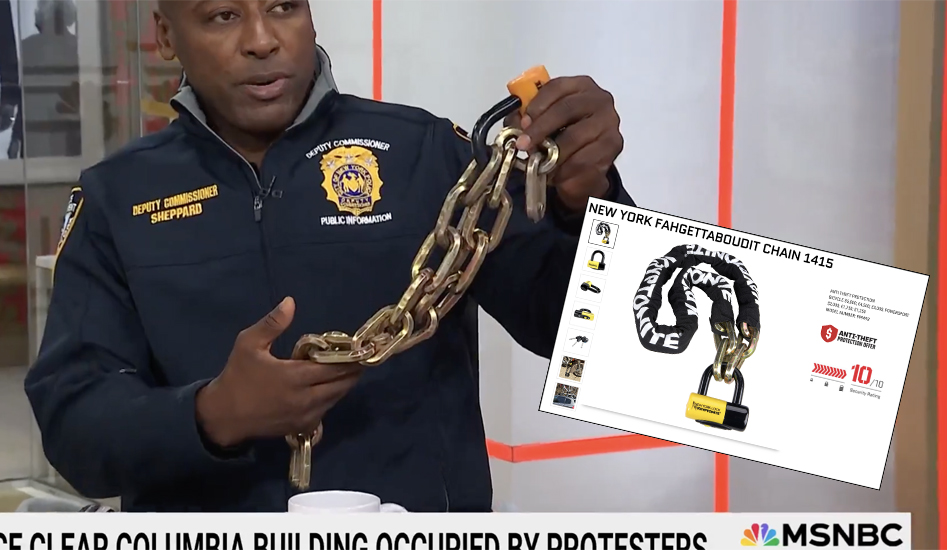When the state of New York announced in December that it would slice $143 million from the MTA operating budget, it may have seemed like a belt-tightening measure for lean times. But the truth of the matter -- which often goes unstated, unreported, and unappreciated -- is more insidious.
The overwhelming majority of the $143 million reduction in transit funding did not originate from the state budget. Instead, Albany took dedicated transit tax revenues from the MTA and redirected them to the state's general fund. In effect, Albany stole $118 million from transit to subsidize the rest of the state budget. That's enough money to restore all the subway and bus cuts currently on the table in the MTA's austerity plan.
How did they pull off the heist? To explain, we need to give a short intro to the MTA operating budget.
In addition to fares and tolls, MTA service is mainly funded by an array of dedicated taxes, which total about $4.5 billion every year. A smaller portion comes from "state and local subsidies," of which Albany is supposed to contribute about $190 million. Already, we're only talking about a small fraction of the MTA's nearly $12 billion operating budget.
But here's the thing -- Albany's "contribution" consists almost entirely of tax revenue that's already dedicated to transit. This year, Albany put just $7 million from the general fund into MTA operations, according to the state Division of the Budget. The rest of its obligation to the MTA -- $183 million -- came from dedicated transit taxes.
So when the state made off with $143 million from the MTA budget in the December deficit reduction package, lawmakers were not reducing the state's contribution to transit so much as raiding the MTA piggy bank and robbing transit riders of funds collected specifically to serve them. When all was said and done, Albany had taken $118 million from dedicated MTA taxes.
(The remainder was accounted for by a $19 million cut in state funding for student fares and the elimination of $6 million in state operating support.)
In a statement released last fall, Gary Dellaverson, who has since retired as the MTA's chief financial officer, noted that this was "the first time that an existing appropriation to MTA has been
reduced under circumstances in which the money was derived from a
'dedicated' MTA tax and had already been collected by the State." In other words, the state didn't pass onto the MTA the dedicated transit taxes it had collected.
The dedicated revenue source in question -- the Metropolitan Mass Transportation Operating Assistance Fund (MMTOA) -- was established in 1981 and consists entirely of taxes collected in the 12-county MTA region. (A report released by the New York City comptroller in 2008 [PDF] lays out how Albany has for years reduced the share of MMTOA that reaches the MTA.) So $118 million in downstate taxes, meant to fund transit exclusively, disappeared into the Albany money pit. Nothing in New York state law prevents the same thing from happening again.
What does it mean going forward? New transit funding would be great. But transit riders must also protect the transit funding we already have. Albany faces enormous budget gaps and is desperate to fund politically potent programs like education and Medicaid. Transit riders should beware attempts to steal more money from dedicated transit funds.
John Kaehny contributed to this post.
Graphic: Noah Kazis.





